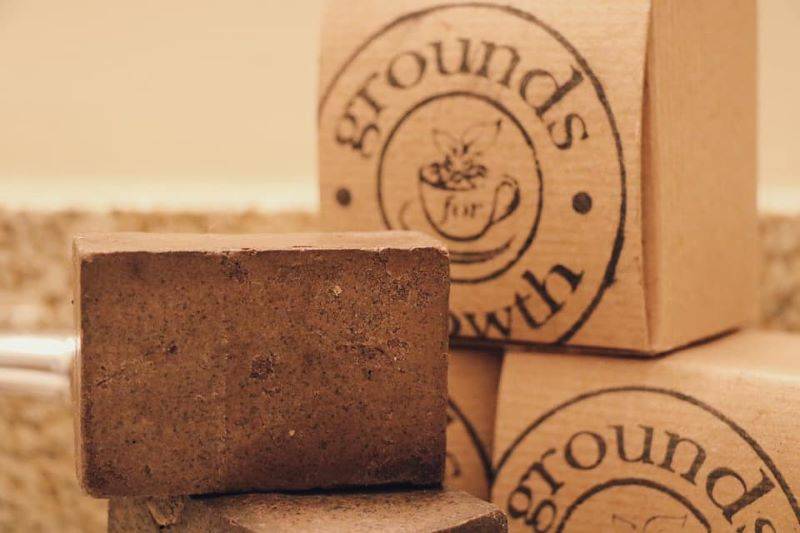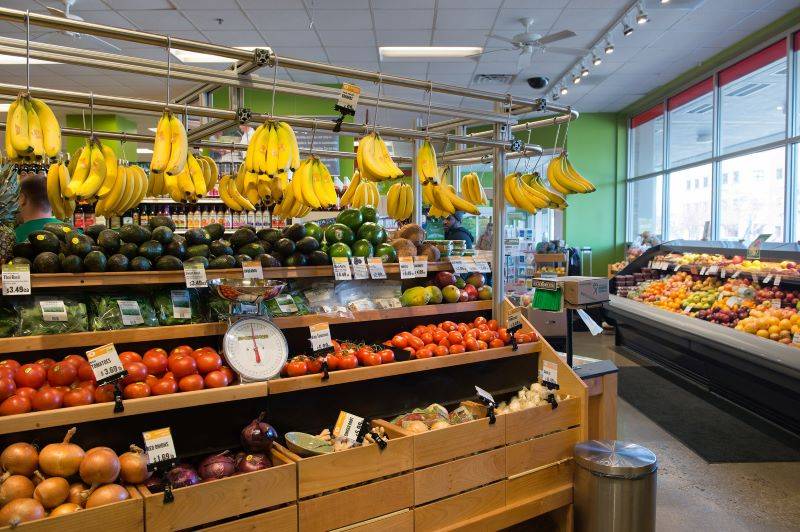The cities of Champaign and Urbana lie quietly south of the city of Chicago, away from high rises and el trains. Although they are often rumored by students from far away towns to be lost amongst the cornfields, the communities are expansive, passionate, and socially engaged. One of the ways C-U demonstrates its generosity and welcomes all its inhabitants with open arms is through the countless programs implemented and supported by community members to advocate for a loving social sphere not just in this environment, but for the world.
One of the biggest issues in many communities, including C-U, is food waste and insecurity. Wanting to learn more about the work being done to help alleviate this in our community, I reached out to Sarah Buckman from Common Ground Food Co-op. She told me that Common Ground has been partnering with food pantries and composters for about 40 years. She said the Co-op offers leftover foods that can’t be sold due to injury or appearance to employees and shelters, and she called these foods “cold foods” because they’re frozen to preserve quality and prevent expedited rotting or transference of bacteria. Common Ground also pays farmers to pick up compost materials or anything that can be repurposed for feeding animals.
They currently partner with several organizations to repurpose their food. On this list was Jubilee Cafe, which uses a budget funded by donations and community support to feed students and members of the community, many of who are facing food insecurity, a restaurant-style meal with entrees, sides, and dessert. Also on this list was Cunningham Township. Cunningham Township isn’t focused primarily on providing food, but they are a tax-funded form of community support that offers a monthly stipend to those in need.

Knowing that I’m currently a student, Buckman directed me to some student-led organizations doing great work to supplement the efforts made by those in the community to remedy food waste and insecurity. One example is Enactus, a student-led organization currently working with Espresso Royale through “Grounds for Growth” to upcycle discarded soap and excess coffee grounds to produce sustainably sourced soaps. Enactus utilizes entrepreneurial actions to positively impact and support the community and Grounds for Growth not only reduces waste, but also enables financially insecure and recovering folks to gain business experience. Grounds for Growth was inspired through the recognition that both coffee grounds and soap are generate a lot of waste, despite both products being recyclable. They recognized the opportunity to partner with Restoration Urban Ministries, an organization that works to offer education rehabilitative and therapeutic services for community members facing financial hardships and recovery from illness or addiction. You can find out more about the project here.
What initially inspired me to investigate this topic was seeing how much food waste can occur from within food service establishments. I work at a local coffee shop, and my co-workers and I had a long conversation about waste and its environmental effects, as well as the large scale dehumanization of people facing homelessness and food insecurity. One of my co-workers shared an experience she had working at an eatery in town, where she witnessed a lot of viable food unable to be sold for profit being trashed, near where a man would typically take up residence. She knew she had to act. She introduced the issue to her manager and asked if she could give some of the viable foods to the man. Her manager not only consented but went with her to personally deliver the man a meal with a free drink and a warm seat inside the establishment.
Homelessness and food insecurity are not identities but symptoms of systemic hindrances. Though there are many in our community who understand this, there’s still a long way to go. I hope to work with my employer to implement more ways to create less waste and also provide access to any excess viable foods.
Efforts towards resolving issues surrounding food waste and insecurity are ongoing, and I would love to receive any and all advice on how to become more involved. Please feel free to reach out to me via email.








